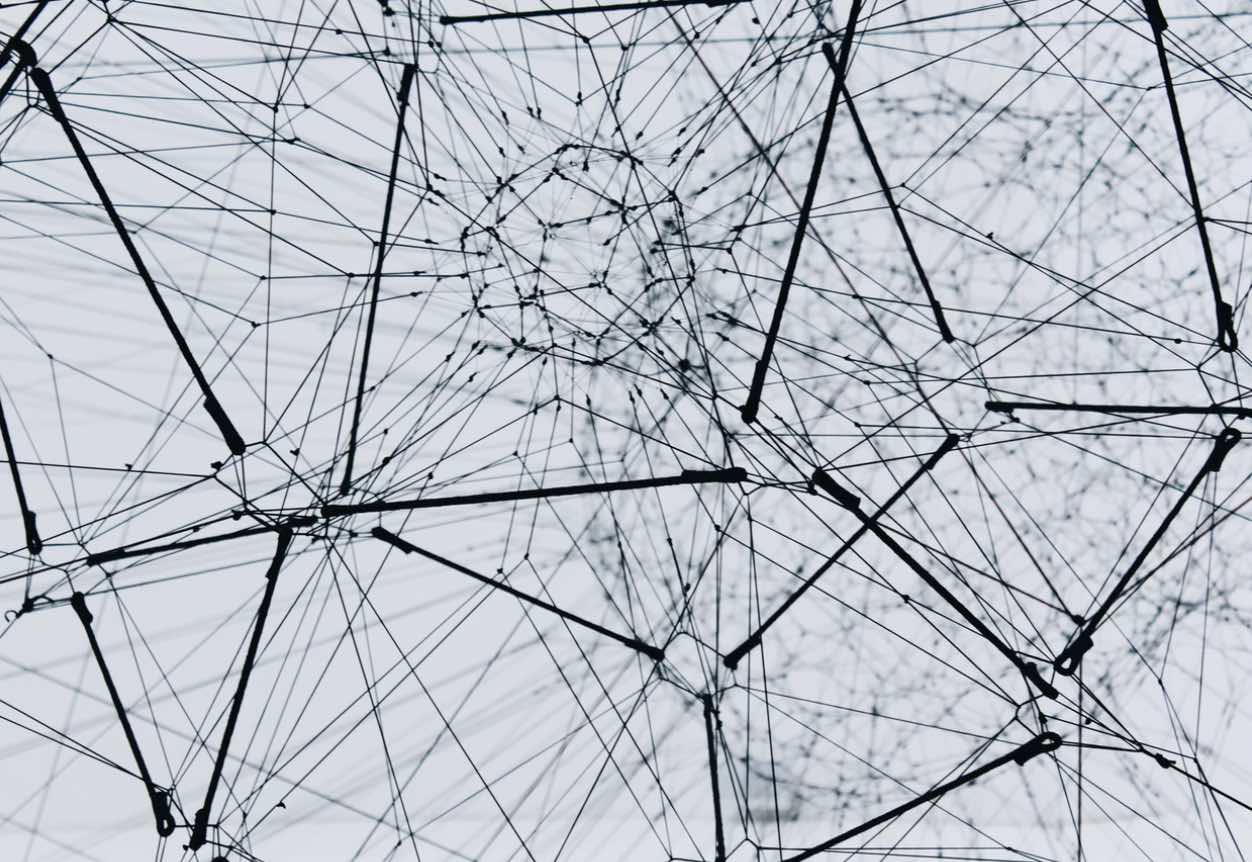More than half a year after receiving the implant, Noland Arbaugh, the first Neuralink subject implanted with a brain interface chip, has been “hitting the books” mentally, dedicating three hours a day to learning French and Japanese.
On January 29, 2024, Arbaugh made history as the first person to receive Neuralink’s revolutionary brain implant, “The Link,” during clinical trials. The 30-year-old quadriplegic, who volunteered for the procedure, was paralyzed from the shoulders down following a diving accident. Since the implantation, the device has granted him what have been characterized as “cyborg” abilities, allowing him to control various technologies—which includes playing Mario Kart and Chess—using only his mind.
“The surgery was super easy,” Arbaugh said in a video he posted on X in March.
On August 29th, Arbaugh took to X again, sharing that, “In my free time, Eve (what I’ve named my Neuralink device) and I have been working towards improving myself in many different ways. Currently, I’m learning French and Japanese for roughly three hours a day using a few different resources.”
Arbaugh mentions that he undergoes daily sessions at Neuralink, working on tasks like controlling computer functions with his mind and improving handwriting through mental visualization. He’s also participating in experiments to enhance the technology for future users. Beyond his Neuralink work, Arbaugh is focused on self-improvement—relearning math, studying at Peterson Academy, reading extensively, and returning to creative writing. He’s hopeful about returning to school, possibly in neuroscience, and dreams of starting a charity, building a home for his parents, and becoming a stronger advocate for the community.
Despite some challenges, Arbaugh says he’s grateful for the overwhelming support and is excited for what’s ahead.
However, Neuralink has faced some unforeseen issues. Earlier this year, the company reported that Arbaugh experienced medical problems due to the developing technology. Some threads connecting the interface to his brain retracted. Neuralink quickly addressed this issue, recently stating that adjustments were made to Arbaugh’s chip algorithm, which resolved the problem.
Despite Elon Musk’s optimism, concerns persist about the technology’s reliability. The first human trial in September 2023 saw only partial success, with many electrodes failing to transmit signals correctly. Complications arose when the brain chip shifted from its original position, causing the detachment of most electrodes. Additionally, the company remains under scrutiny for both technical challenges and accusations of animal cruelty during its testing phase.
After what could be seen as a scary experience, Arbaugh jokingly—or perhaps chillingly—expressed his thoughts on X: “We’re waiting for FDA approval allowing me to control other physical machines such as a car, a drone, maybe a robot or two or 10,000. Something about making sure it’s safe…”
Chrissy Newton is a PR professional and founder of VOCAB Communications. She currently appears on The Discovery Channel and Max and hosts the Rebelliously Curious podcast, which can be found on The Debrief’s YouTube Channel on all audio podcast streaming platforms. Follow her on X: @ChrissyNewton and at chrissynewton.com.

